PORTLAND, Ore. – A Portland man is part of a growing international effort to deliver humanitarian aid to Gaza by sea, even at great personal risk. The Global Sumud Flotilla, a coalition of dozens of vessels carrying food, medicine, and supplies, is attempting to break Israel’s long-standing blockade of the Palestinian territory.
A Mother’s Pride and Fear
For Jan Lavin, the mission feels both inspiring and terrifying. Her son, Paul Reid, 48, flew to Barcelona on Friday and boarded one of the ships bound for Gaza.
“I’m incredibly proud, but I’m also terrified,” Lavin said. “I couldn’t leave without saying good-bye because I don’t know when I’m going to see him again—or if I’m going to see him again.”
The flotilla is expected to reach Gaza in about two weeks, though past attempts have been met with resistance by the Israeli navy.
The Mission of the Flotilla
Organizers describe the voyage as both a humanitarian mission and an act of protest. The fleet—estimated at around 70 boats—is carrying essentials like food, medicine, and basic supplies for Gaza’s civilian population, which has endured months of war, shortages, and international isolation.
“It’s about opening a corridor for humanitarian aid to the people of Gaza who are being starved by Israel, starved and bombed and killed,” Lavin said. “Every single one of those people on that flotilla is willing to risk their lives.”
The name “Sumud,” meaning “steadfastness” in Arabic, reflects the determination of participants to keep pushing aid efforts forward despite repeated obstacles.
A Growing International Movement
This latest voyage is the fourth and largest maritime attempt this year to breach the blockade. In June, climate activist Greta Thunberg joined 11 others in a smaller flotilla, but the Israeli military intercepted their vessel and deported everyone on board.
Thunberg is also participating in the current mission. She emphasized that even if the effort is blocked again, organizers will not stop.
“If Israel once again decides to violate international law and prevent humanitarian aid from getting into Gaza, our ‘Plan B’ is to come back even bigger,” she said.
The Crisis in Gaza
The flotilla comes against the backdrop of staggering humanitarian needs. According to the Gaza Health Ministry, more than 63,000 Palestinians have been killed during the war, and more than 330 people have died from malnutrition. Israel disputes those figures but has not released its own independent count.
Aid agencies warn that Gaza is on the brink of famine, with food, water, and medicine in critically short supply. The United Nations has repeatedly called for safe humanitarian corridors, but access remains severely restricted.
Risks and Repercussions
The dangers facing the flotilla are significant. Israel has long defended the blockade as a necessary security measure, arguing that it prevents weapons from reaching Hamas. Past flotilla attempts have been intercepted at sea, with passengers detained or deported.
For families like Lavin’s, those risks weigh heavily. Yet she says her son remains committed to the mission.
“Paul believes this is the right thing to do, even if it puts him in danger,” she said. “I can’t stop him, but I can support him. He knows people are suffering, and he wants to help.”
What Comes Next
The fleet is expected to sail for roughly two weeks before attempting to reach Gaza. Whether it succeeds may depend on how Israel responds—and how much international pressure builds in support of the mission.
For participants like Paul Reid, the voyage represents more than a delivery of aid. It is a test of the world’s willingness to stand up for humanitarian principles in one of the most volatile conflicts of the modern era.
As Lavin put it:
“They’re not just bringing supplies. They’re bringing hope.”

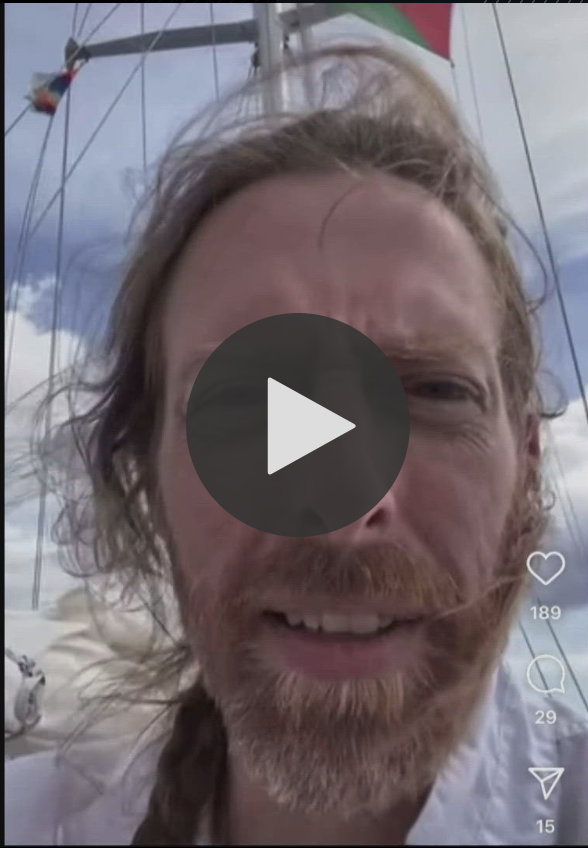

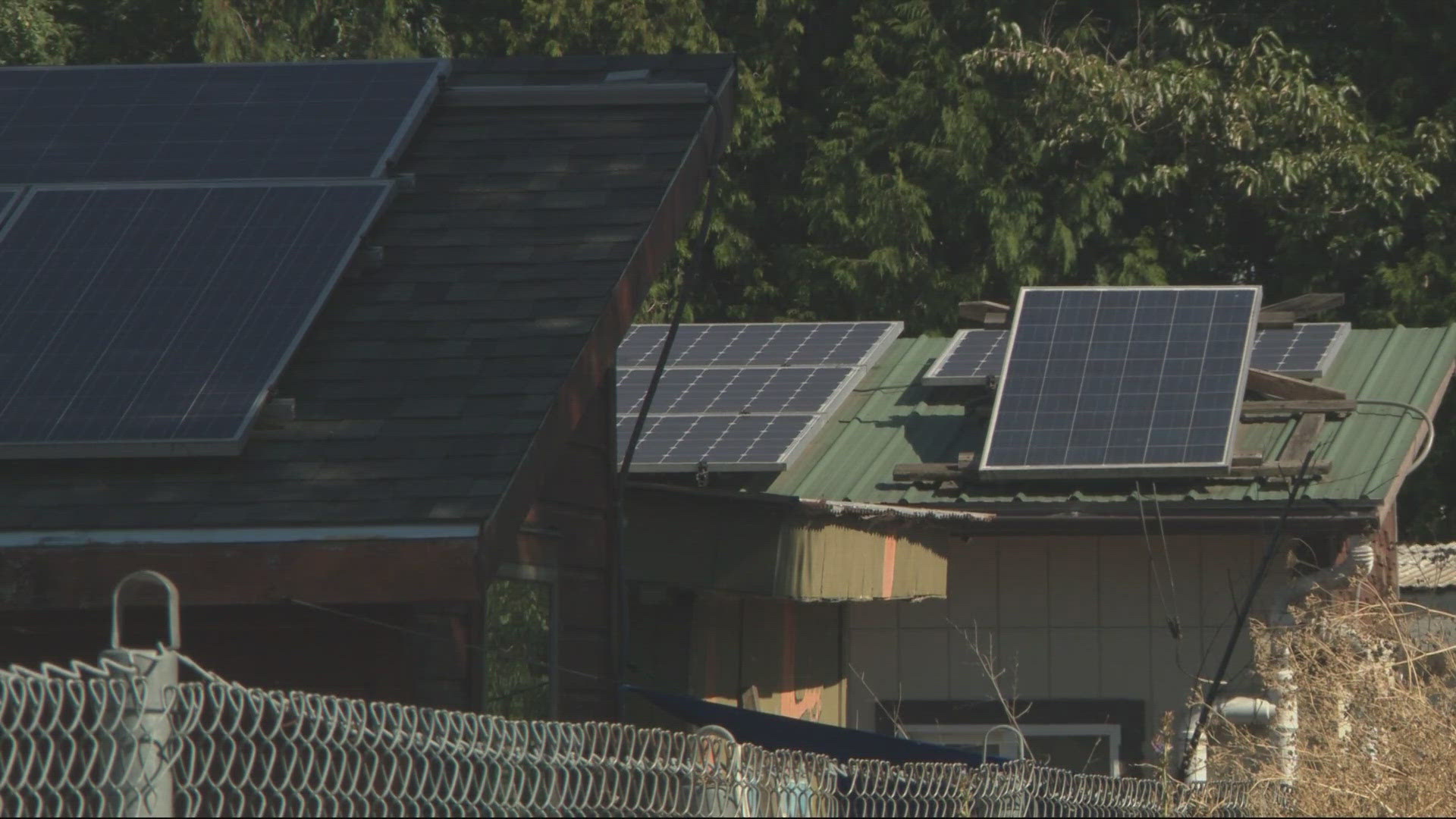

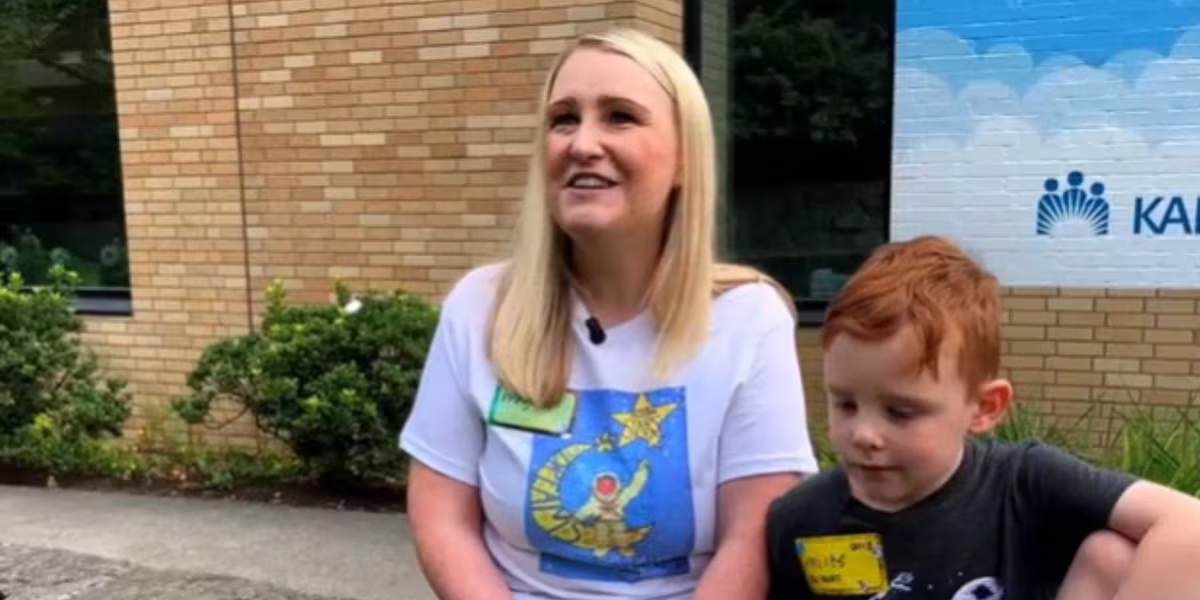

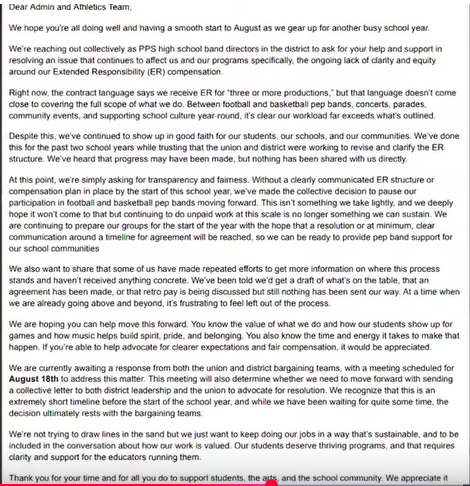







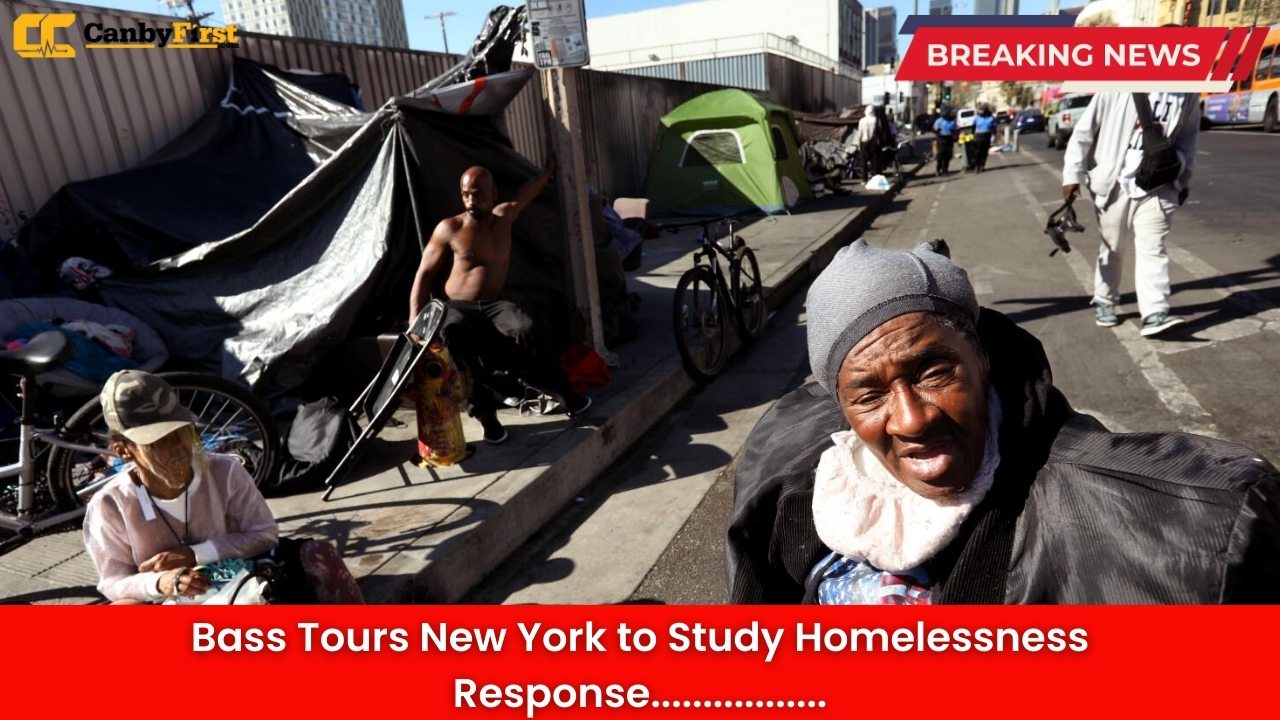
Leave a Reply